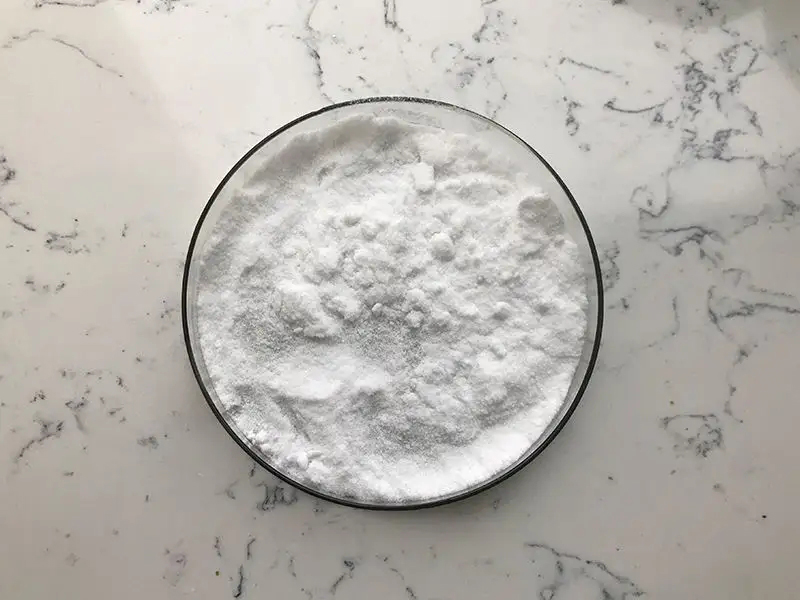Spermidine is a polyamine compound found in cells and has been studied for its potential health benefits. However, it’s important to note that scientific research on spermidine is ongoing, and not all potential effects are well-established. Here are some potential pros and cons based on current research:
Pros of Spermidine:
Autophagy Induction: Spermidine has been shown to induce autophagy, a cellular process that helps remove damaged or dysfunctional components. This may contribute to cellular health and longevity.
Cardioprotective Effects: Some studies suggest that spermidine may have protective effects on the cardiovascular system, potentially reducing the risk of heart-related issues.
Neuroprotection: There is evidence that spermidine may have neuroprotective effects, possibly reducing the risk of neurodegenerative diseases like Alzheimer’s.
Antioxidant Properties: Spermidine exhibits antioxidant properties, which could help in neutralizing harmful free radicals in the body.
Anti-Inflammatory Effects: Some studies have suggested anti-inflammatory effects of spermidine, which could be beneficial in reducing inflammation-related conditions.

Cons of Spermidine:
Limited Research: While there is promising research, the overall body of evidence on spermidine is still relatively limited. More studies are needed to establish its long-term effects and safety.
Dosage and Safety Concerns: The optimal dosage of spermidine for health benefits is not well-established. Excessive intake could potentially lead to adverse effects, so it’s important to use it cautiously.
Interactions with Medications: Spermidine supplements may interact with certain medications. Individuals taking medications should consult their healthcare provider before using spermidine supplements.
Unknown Long-Term Effects: Since research on spermidine is ongoing, the long-term effects of regular supplementation are not fully understood.
Individual Variability: Responses to spermidine may vary among individuals, and what works for one person may not necessarily have the same effects for another.
Before considering spermidine supplementation, it’s advisable to consult with a healthcare professional to ensure that it is safe and appropriate for your specific health condition and needs.
The negative impact of the Spermidine
Spermidine is a polyamine compound that is naturally found in cells and has been studied for its potential health benefits. While it plays a role in various cellular processes and has been associated with positive effects such as anti-aging and neuroprotection, it’s important to note that excessive levels or imbalances of spermidine could potentially have negative impacts.
Cellular Dysfunction: Abnormal levels of spermidine may disrupt cellular functions. Maintaining a balance is crucial for proper cell growth, division, and function. Excessive spermidine levels might interfere with these processes.
Cardiovascular Effects: Some studies suggest that high levels of spermidine might be linked to cardiovascular issues. It’s important to consider individual health conditions and consult with healthcare professionals before supplementing with spermidine, especially for those with existing cardiovascular problems.

Neurological Effects: While spermidine has shown neuroprotective effects in some studies, an imbalance could potentially have negative impacts on the nervous system. This may include disruptions in neurotransmitter balance and neuronal function.
Immune System Modulation: Spermidine is involved in immune system regulation. Excessive levels might potentially lead to immune system imbalances, affecting the body’s ability to respond appropriately to infections or other challenges.
Cancer Risk: Polyamines, including spermidine, play a role in cell proliferation. There is some evidence suggesting that imbalances in polyamine levels may contribute to cancer development. However, more research is needed to fully understand the relationship.
It’s important to note that research on spermidine is ongoing, and while some studies highlight potential benefits, others caution against excessive supplementation. As with any compound, moderation is key, and individuals should consult with healthcare professionals before considering spermidine supplementation, especially in high doses.
